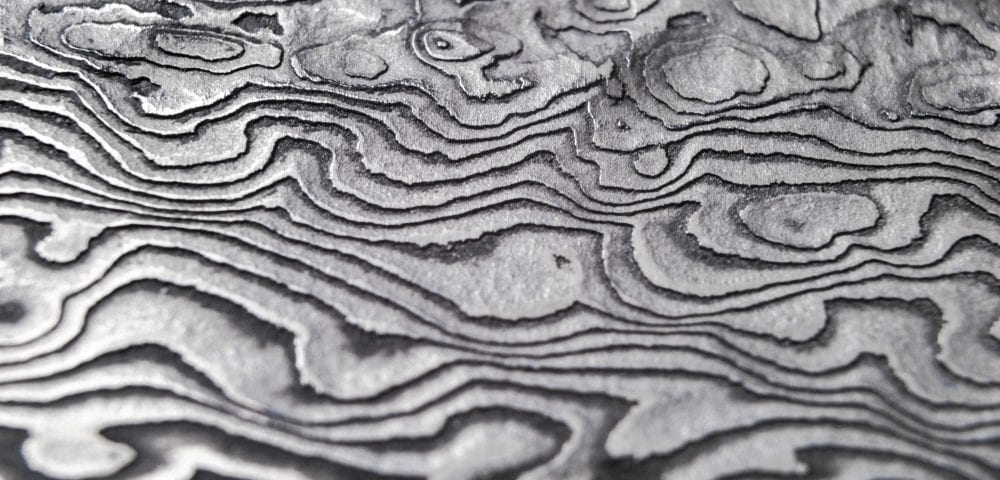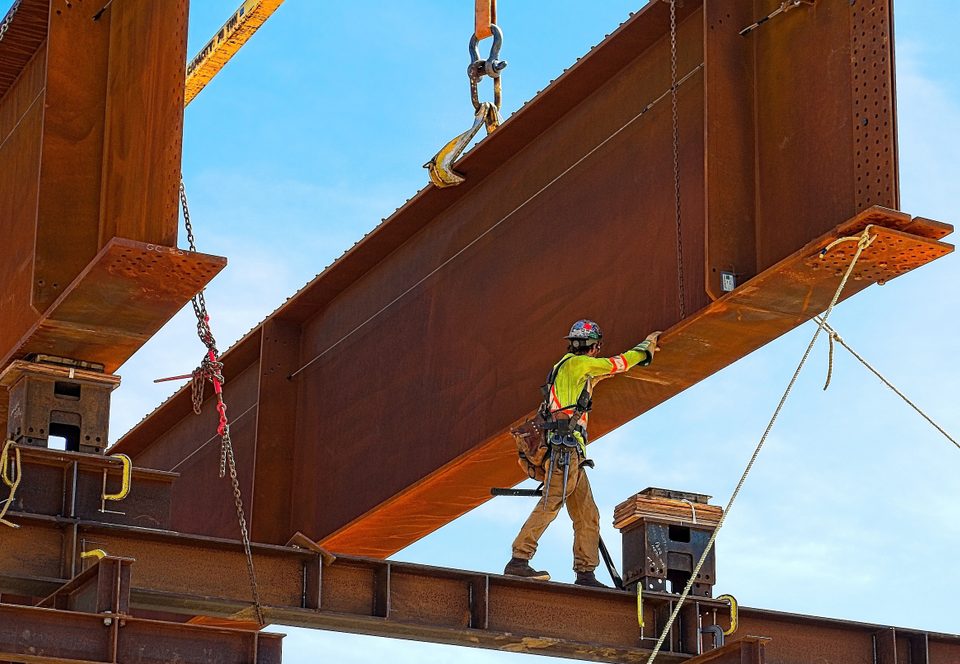Understanding Damascus Steel for Utah Buyers

Metal and Steel Sheet: Common Applications for Types
February 26, 2021
Steel for Roofing: Galvanization, Lifespan, Installation
March 12, 2021There are certain types of steel or other metal that involve layering in their manufacturing, and a good example here is known as Damascus steel. Valuable for both hardness and toughness, Damascus steel also resists corrosion quite well while limiting any concerns over brittle fracture.
At Wasatch Steel, we’re happy to provide a huge variety of steel options and steel services in Utah, from steel bar and steel sheet to plate steel, steel bar and much more. What is Damascus steel, where does it draw its history from, and how is it made and used commonly today? Here’s a primer on everything you need to know about this unique steel variation.
Damascus Steel History
As history buffs will be well aware, the name “Damascus” has roots that trace back to ancient times. The Damascus region of Syria was likely the first historical mention of this name, and it’s distinctive for many.
Damascus steel is known for unique patterns, which are created by forging different steel types together for a unique finish. One common mix of Damascus steel is a high carbon steel with a nickel alloying steel, for instance. It’s also highly ductile and hard, making it ideal for certain applications, which we’ll get into in a bit.
Production Format
Generally speaking, Damascus steel is not manufactured in bulk or on a large scale. Rather, it’s typically a more involved job that’s carried out by those who have forging equipment.
Firstly, the two or more steels that will be combined must be selected – these will vary based on the specific needs of the application. From here, thin pieces of each type of steel will be laid out, then have their oxides removed before being layered on top of one another in an alternating pattern of some kind.
At this point, the steels will be heated to a forging temperature. Flux will then be added to further remove any oxides, at which point forge welds are made to join the different steel layers together. Usually, a hammer and anvil or press will be used to lengthen the steel through decreasing thickness. Eventually, the steel is folded onto itself and this process is repeated, sometimes once or sometimes several times to get the desired number of layers. Another common approach here involves twisting the welded layers after the welding process is done – this makes the pattern more unique.
Common Uses
Damascus steel is a common metal for various artisan products that require both hardness and ductility. Consider knife-making, for instance, or various other cookware, utensils, ornaments and even jewelry types – these often require both these traits.
For more on Damascus steel, or to learn about any of our steel products in Utah, speak to the staff at Wasatch Steel today.



